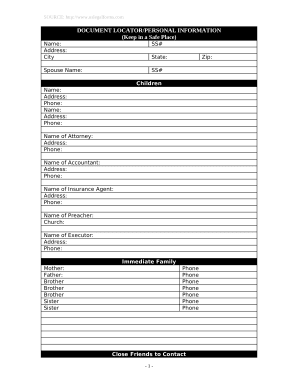
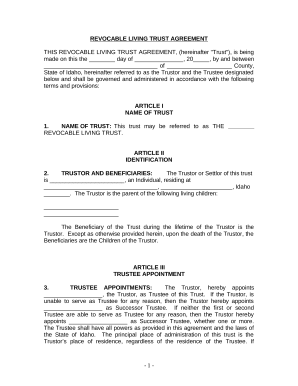

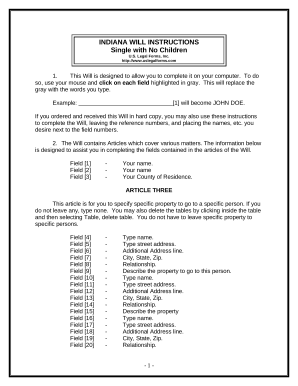


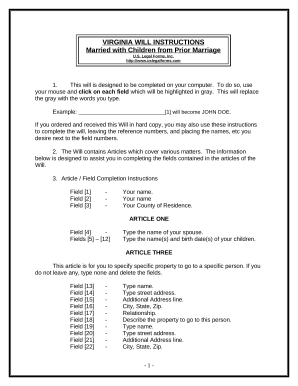
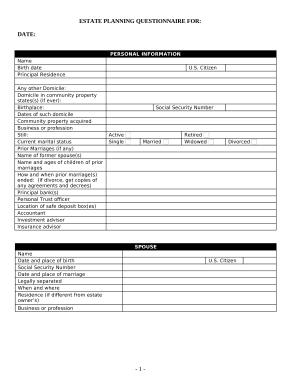
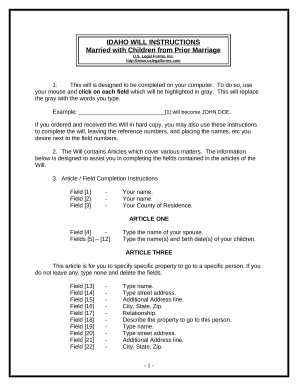
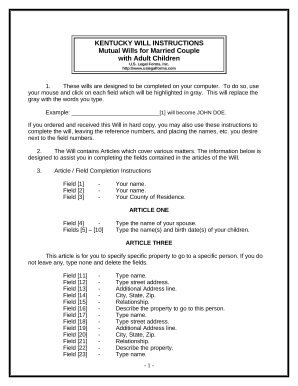
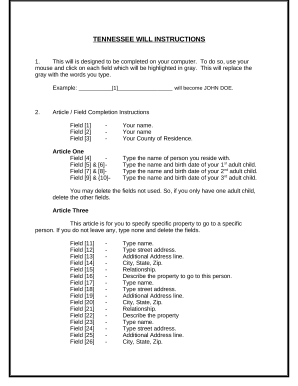

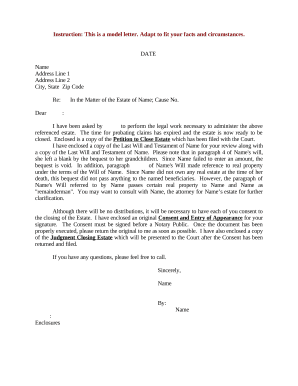
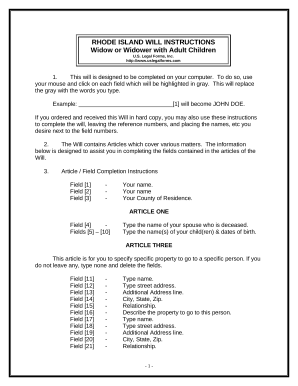
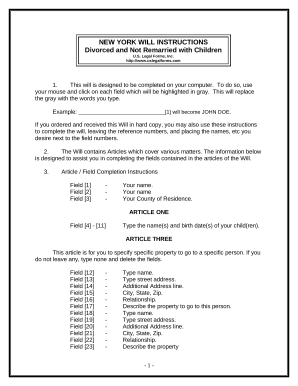
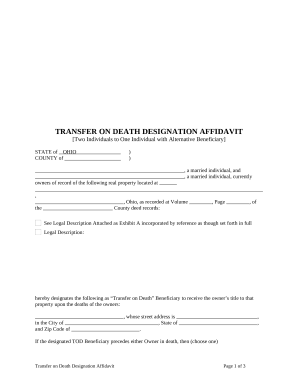
Your workflows always benefit when you can obtain all the forms and files you may need at your fingertips. DocHub supplies a wide array of templates to relieve your day-to-day pains. Get a hold of Last Will & Testament category and quickly find your form.
Start working with Last Will & Testament in a few clicks:
Enjoy seamless form administration with DocHub. Explore our Last Will & Testament online library and locate your form right now!